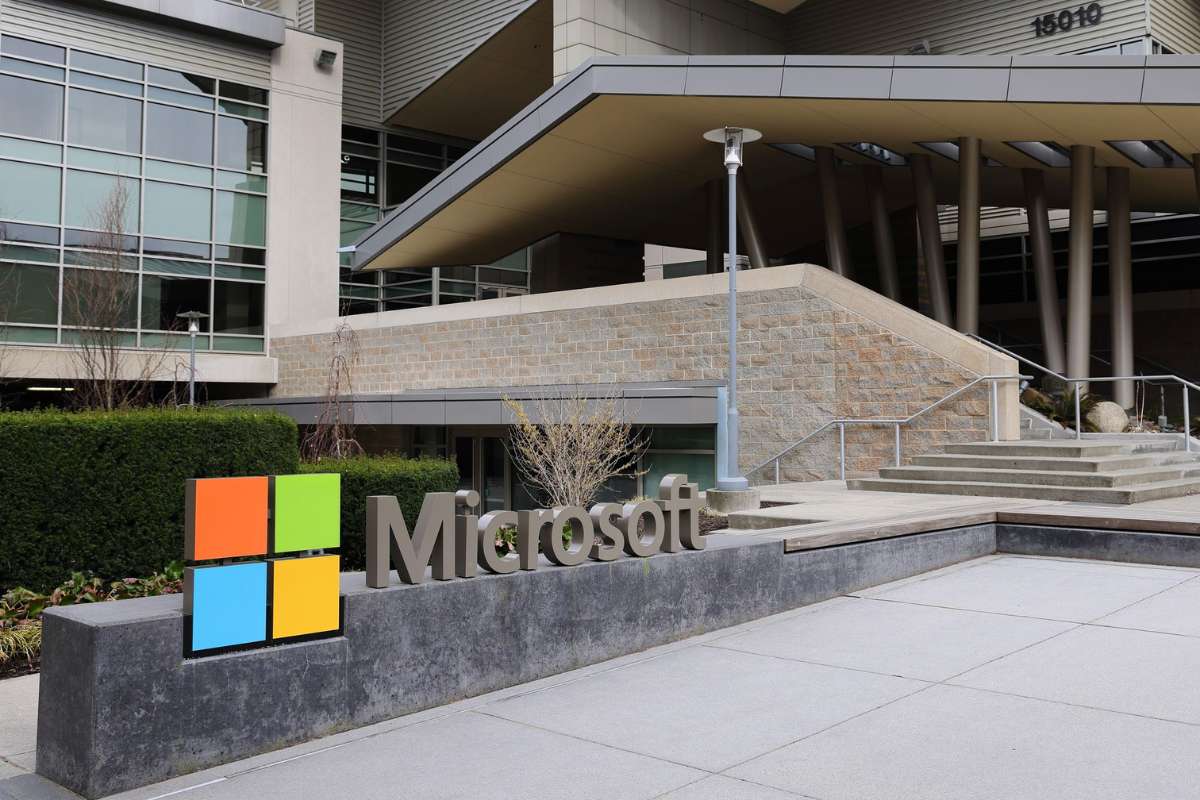Microsoft (NASDAQ: MSFT) has finalized a strategic partnership with Amsterdam-headquartered Nebius Group N.V., securing access to over 100,000 Nvidia (NASDAQ: NVDA) GB300 GPUs in a deal valued at up to US$19.4 billion. The Microsoft Nebius deal marks one of the largest AI infrastructure investments to date, reflecting the intensifying global race to secure computing power for artificial intelligence.
Nebius, which rebranded in 2024 to focus on AI-native cloud services, will provide Microsoft with dedicated GPU capacity from its new Vineland, New Jersey data center beginning in late 2025. For Microsoft, the deal represents both an acceleration of AI development and a strategic diversification of compute resources, allowing the company to balance its internal Azure infrastructure with leased capacity from specialized “neocloud” providers.
Blackwell Chips at the Core
At the heart of the Microsoft Nebius deal are Nvidia’s latest Grace Blackwell GB200 processors, built on TSMC’s 4NP process. Each dual-die superchip integrates two GPUs with a 10TB/s interconnect, delivering 20 petaFLOPS of FP4 performance and up to 30 times faster trillion-parameter LLM inference compared with the previous Hopper H100 generation. With 192 GB of HBM3e memory per GPU and fifth-generation NVLink, the platform is designed for energy efficiency and scale.
For Microsoft, access to these chips alleviates pressure from the global “AI crunch,” where demand for GPUs continues to outpace supply. The company has committed more than US$33 billion to neocloud providers including Nebius, CoreWeave, Nscale, and Lambda to secure critical hardware and expand AI compute without incurring the long lead times of new data center builds.
Strategic Shift in Cloud Infrastructure
Rather than relying solely on Azure’s owned infrastructure, Microsoft is increasingly adopting a hybrid model. By leasing GPU clusters from specialized providers, the company can classify these expenditures as operational costs while reserving its own facilities for enterprise AI services. This strategy enhances financial flexibility while ensuring immediate access to high-performance compute power.
Nebius benefits by securing long-term, high-value revenue and validation of its AI-focused infrastructure model. The Microsoft Nebius deal positions the firm as a key enabler in the emerging neocloud ecosystem, alongside competitors who are also attracting major contracts from hyperscalers.
Industry Impact and Competitive Pressures
The deal is expected to reshape the AI competitive landscape. With direct access to over 100,000 GB300 GPUs, Microsoft will be able to accelerate the training of large language models and expand AI products such as its Copilot assistants. The agreement also underscores Nvidia’s central role, reinforcing its position as the dominant supplier of advanced AI chips.
Other tech giants including Google, Amazon, and Meta are pursuing similar strategies to secure GPUs, with analysts noting that shortages may persist well into 2026. Meta has already projected up to US$72 billion in AI infrastructure spending for 2025. The scarcity of top-tier GPUs is likely to drive further partnerships between cloud providers and specialized infrastructure firms.
While the move strengthens Microsoft’s position, it may also widen the resource gap between major technology players and smaller AI startups, which often rely on limited access to public cloud resources. Analysts suggest that startups may face rising costs and constrained availability of GPUs, although some could benefit from leasing opportunities through neocloud providers like Nebius.
Looking Ahead
The Microsoft Nebius deal highlights a broader transformation in AI infrastructure strategy. As model sizes increase, access to dedicated compute has become as critical as algorithmic innovation. Microsoft’s deal demonstrates how hyperscalers are addressing this challenge by forming alliances with specialist providers capable of rapid scale and logistical agility.
Deliveries from the Nebius data center are scheduled to begin later this year, with integration into Microsoft’s AI development pipelines expected to accelerate by early 2026. Observers note that the Microsoft Nebius deal will be closely watched as a benchmark for how hyperscalers and neoclouds can collaborate to meet surging AI demand.
With Nvidia forecasting global AI infrastructure spending to reach US$4 trillion by 2030, the Microsoft Nebius deal signals that the race for computing power is entering a new phase—one defined not just by software innovation, but by the scale and speed of hardware deployment.
Visit CyberPro Magazine For The Most Recent Information.






